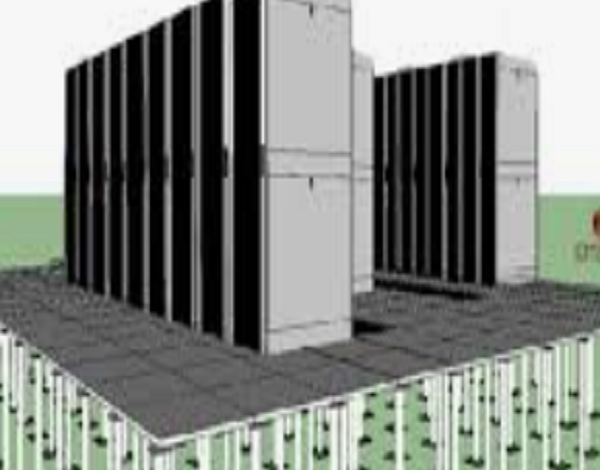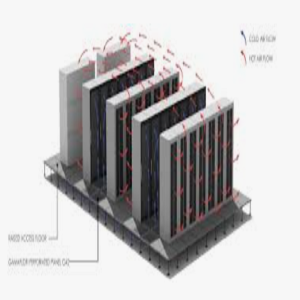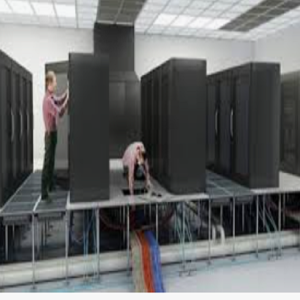The Importance of Raised Floors and Ceiling Height in Data Centers
Data centers are the backbone of modern businesses, housing critical IT infrastructure that ensures seamless operations. In these high-tech environments, both raised floors and appropriate ceiling heights play a crucial role in optimizing performance, cooling, and efficiency. At www.raisedfloorbd.com, we understand the importance of these elements in building a data center that meets today’s industry standards. Let’s explore how raised floors and ceiling height contribute to the functionality of data centers.
What is a Raised Floor in a Data Center?
A raised floor is a specially designed elevated platform used in data centers to create space between the floor and the subfloor. This space serves multiple purposes:
- Cable Management: It provides a structured environment for routing power, data, and network cables, avoiding clutter and reducing the risk of damage.
- Cooling Solutions: Raised floors are crucial for managing airflow, ensuring the distribution of cool air to the IT equipment. Typically, perforated tiles allow cool air to flow from underneath, cooling servers and other electronic devices.
- Equipment Flexibility: A raised floor enables easy access to the subfloor, allowing for quick modifications and upgrades without causing disruption to operations.
At www.raisedfloorbd.com, we offer high-quality raised flooring systems that cater specifically to the needs of data centers, ensuring maximum reliability and ease of maintenance.
Optimal Raised Floor Height
The height of the raised floor in a data center varies depending on the cooling and cabling needs. The industry standard usually falls between 12 inches (30 cm) and 36 inches (90 cm), but for high-performance data centers, the height may extend up to 48 inches (120 cm). The required height depends on factors like:
- Airflow Needs: Data centers with high-density racks require more airflow, meaning a higher raised floor is necessary to accommodate better air circulation.
- Cable and Conduit Space: If more space is needed for cabling or plumbing, a taller raised floor is appropriate.
Choosing the right height is crucial to optimize efficiency, and our expert team can help design a system that aligns with your specific data center needs.
The Role of Ceiling Height in Data Centers
Ceiling height is another important factor in data center design. Proper ceiling height influences airflow, cooling, and the overall efficiency of the data center environment. Typical ceiling heights in data centers range from 8 feet (2.4 meters) to 12 feet (3.6 meters), but this can be extended depending on the data center’s cooling system and equipment layout.
Why Ceiling Height Matters
- Airflow Management: In many modern data centers, the ceiling is used as a return plenum for hot air. This setup requires adequate height to facilitate the smooth movement of air, preventing hot spots and ensuring optimal cooling.
- Overhead Cable Trays and Lighting: Higher ceilings allow for the installation of overhead cable trays, conduits, and lighting systems without obstructing airflow. This helps maintain a clean, efficient, and safe working environment for technicians.
- Fire Suppression and Ventilation Systems: Sufficient ceiling height also accommodates fire suppression and ventilation systems, critical for maintaining safety and regulatory compliance.
At www.raisedfloorbd.com, we recommend consulting with our team to determine the optimal ceiling height for your data center, considering factors like the cooling system, rack density, and overall floor layout.
Conclusion
Designing a data center involves a deep understanding of how various elements, including raised floors and ceiling heights, impact performance. A well-planned raised floor system ensures efficient cooling, simplified cable management, and scalability. Meanwhile, adequate ceiling height enhances airflow and provides space for necessary overhead equipment.
At www.raisedfloorbd.com, we specialize in delivering customized raised floor solutions tailored to the unique requirements of data centers. From selecting the right floor height to advising on ceiling clearance, our team is here to ensure your data center operates at peak efficiency, reliability, and safety.
For more information on how we can help with your data center project, feel free to contact us!
|
|
|


